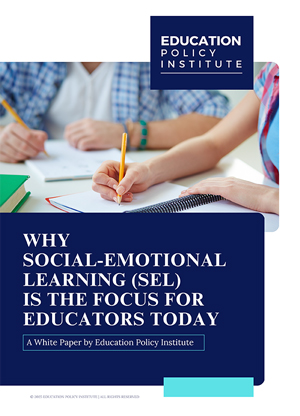Learning and innovation go hand in hand. The arrogance of success is to think that what you did yesterday will be sufficient for tomorrow
- William Pollard
Amidst the ever-evolving landscape of education, a transformative trend has emerged, captivating the attention of students and professionals alike - the soaring significance of short-term courses in colleges and universities. This metamorphosis in the educational sphere has ignited curiosity and enthusiasm, as learners seek to embrace a new realm of possibilities. Not long ago, graduates lamented the noticeable disparity between their academic achievements and the real-world requirements of the job market. However, the winds of change are now propelling institutions to redefine their offerings and meet the demands of a dynamic job market.
Exploring the Growing Popularity of Short-term Courses
Certain facets are moving the community attributes in higher education from old-school and prolonged degree programs to short-term courses.
-
Changing Education Preferences
The demand for education is on the rise, but confidence in the value of traditional degree programs has deteriorated. Aspiring learners, particularly the new age students, are now favoring non-degree programs as they believe these better prepare them for real-world applications and career transitions.
-
Lifelong Learning and the Evolving Workforce
Short-term courses are gaining immense popularity, primarily driven by working adults. The convergence of technological advancements and people continuing to work beyond retirement age has made continuous education and skill development a necessity. Displaced workers who lost their jobs during crises are particularly seeking short-term education options to enhance their employability and re-enter the job market.
-
Overcoming Barriers
Despite the population expressing the need for further education to advance their careers, many do not pursue it due to logistical barriers, which are often more challenging than cost concerns. Finding time to incorporate learning into busy lives becomes a significant obstacle. However, short courses address this issue by offering the flexibility that adults require to juggle their responsibilities while upskilling themselves.
-
Employer Support for Reskilling and Upskilling
As the skills gap widens, employers are recognizing the importance of reskilling and upskilling their workforce. To bridge this gap, many companies now offer reimbursement and training programs, encouraged by government incentives. This move enables employees to acquire new skills and knowledge, benefiting both the individual and the organization.
Essential Features for Short-Term Courses in Higher Education
To ensure a successful short-term course solution in higher education, there are some key features that must not be overlooked:
- Maintain distinct tones for reskilling and upskilling courses to cater to different agendas.
- Improve searchability by implementing filters for reskilling/upskilling, industry vertical, and specific credentials (e.g., "bootcamp" for coding).
- Enhance accessibility for learners by offering part-time, self-guided, and flexible course options.
- Increase the appeal of short-term courses by making them stackable, allowing credits accumulation towards a full degree qualification.
- Provide valuable short-term credentials in the job market and support learners with ongoing mentoring, coaching, job placement, and career readiness assistance.
In a Nutshell
Looking ahead, short-term courses will play a crucial role as change agents in reshaping the future of higher education and reigniting trust in the educational system. When developing these courses, the focus should not be solely on what you can offer students, but rather on identifying and addressing the specific needs of the students themselves.
Latest
Trends blogs
- From Vision to Impact: Closing the Gender Gap in STEM Education
- Automation, Artificial Intelligence, and the Future of Human-Centered Education
- Mid-Career Education in a Changing Labor Market
- The Next Phase of STEM Education: The Role of Artificial Intelligence in Classroom Curricula
Focus blogs
- Research-Driven Education: Strengthening Strategies, Policies, and Classroom Practice
- Professional Certifications for Career Growth: What Students and Young Professionals Need to Know
- Building a High-Impact Center of Excellence: What You Need to Know
- Beyond Graduation: The Importance of Lifelong Learning in Higher Education





